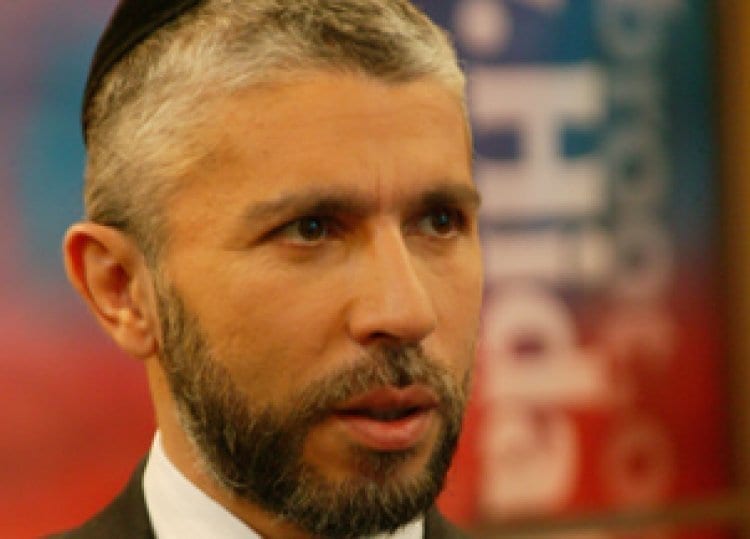The poem begins with a call: “Ask your father, and he will tell you; your elders, and they will say to you!” (Deuteronomy 32:7). At the literal level, this is bidding a man to go to his father and grandfather and hear from them what happened in earlier generations, so he can learn the proper way to conduct himself and the correct outlook on life.
But when we carefully peruse this verse, we see that there is a difference in terminology: While speaking to the father, the term used is haggada, “telling”, but when speaking to the elders, the term used is amira, “saying.”
We are familiar with this double terminology from another verse in the Book of Exodus: “Thus shall you say to the house of Jacob and thus shall you tell the sons of Israel.” Our sages explain on this verse that the “house of Jacob” refers to the women, and “the sons of Israel” refers to the men. The men are to be addressed in firm language — “tell them matters which are as hard as sinews” — while the women are to be told things softly, as gentle statements.
If this was the meaning there, it likewise must apply to the verse in our Torah reading. This is how we should understand it: it often happens that a father, who is directly responsible for the education of his son, treats him in a heavy-handed way while speaking firmly and insisting on clear principles. The grandfather, in contrast, usually educates his grandson is a gentler and more amiable way. Therefore the verse tells a person that it is natural to ask your “father” what is the Torah way, and he will give you the correct information about the purpose of life and the importance of observing the commandments.
But if your father strictly demands that you to live a Torah and moral way of life and left you feeling that he was rebuking you, and you are too peeved to accept his words, do not lose your spiritual future because of it! Turn to your 'elders', to a patient grandparent who has more life experience than your father. He will reveal to you the beauty of the Torah’s commandments, and you will get closer to G-d through love.
These verses are instructions for an individual, but they also are instructions for an entire generation. Rashi says on this verse: “‘Your father’: These are the prophets…; ‘your elders’: These are the Sages.”
The message conveyed by the prophets to the public is different from the message conveyed by Torah scholars. Prophecy states things as they are. It is not always easy to hear the prophet’s message, because the prophet demands a moral standard from a person that often seems to him far above what he is capable of. He often does not understand the depth of the message and the benefit which it will bring him in both This World and the Hereafter. While everyone understands that the L-rd’s commandments are pure and are intended solely for our benefit, when they are not conveyed with understanding, they might seem “tough as sinews”.
In contrast, Torah scholars teach the reasons for the commandments to the people, and in this way they make their benefit visible and pleasant to hear, however the person understands them, even in the here and now. And this is beyond the enormous value for eternal life inherent in fulfilling the commandments. Therefore, it is easy to accept their words, which are like a gentle 'statement'.
This is a important insight for anyone who wants to gird his loins and bring Jews closer to G-d’s service. It is his sacred duty to utilize a welcoming approach which appeals to his fellow Jew’s reason and feelings. And like one doing outreach, so must a father do when educating his son. He should be friendly and do his best to explain things, to “say” things pleasantly and not just “tell” him what he has to do and think, so that his words will be accepted and beneficial, and will become a blessing to the individual and to the entire generation.
May you be written and signed down for a good New Year. Shabbat Shalom.


